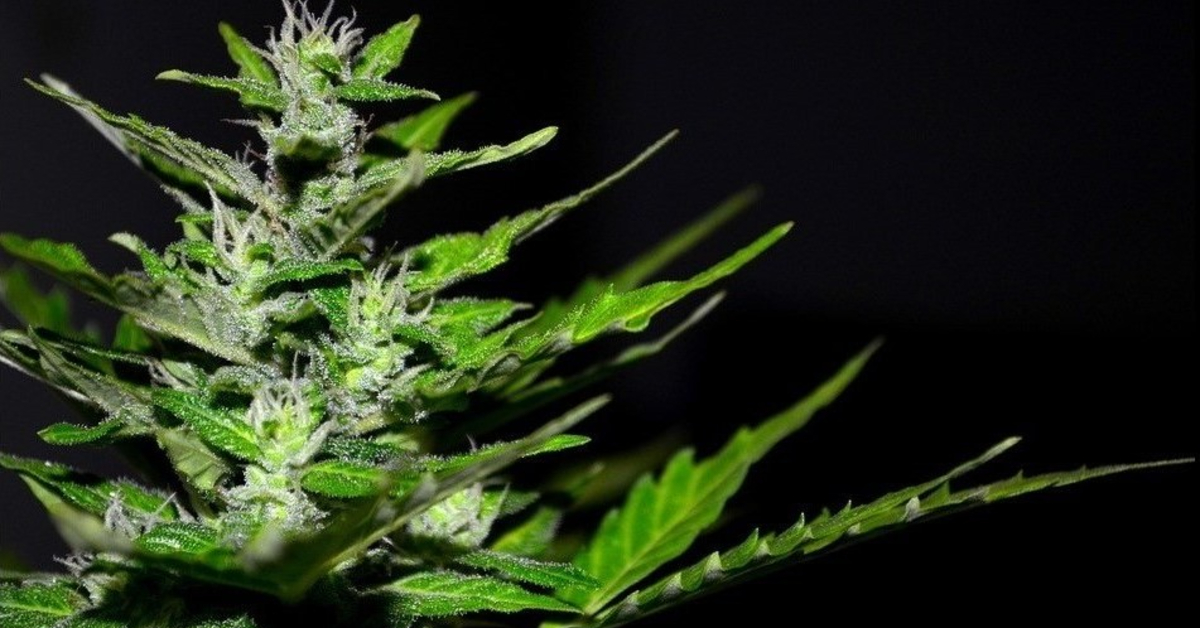Cannabis as a Therapeutic Option for Veterans: A Comprehensive Exploration
Introduction: The Role of Cannabis in Veteran Health Care
Military veterans often face unique health challenges, including chronic pain, post-traumatic stress disorder (PTSD), anxiety, and sleep disturbances. Traditional treatments, such as prescription medications and opioids, frequently come with significant side effects or limited efficacy. Increasingly, veterans are turning to cannabis as an alternative solution. Recent studies reveal that approximately 40% of veterans suffering from chronic pain use medical cannabis to manage their symptoms, citing its ability to alleviate pain, enhance mobility, and improve sleep quality. Additionally, cannabis is widely used to address mental health concerns like PTSD and anxiety, highlighting its growing role in veteran care.
Key Insights from Research on Cannabis Use Among Veterans
Primary Reasons for Cannabis Use
Veterans report using cannabis primarily for the following purposes:
- Pain Management: 81% of users cite relief from chronic pain and improved physical function as their main motivation.
- Sleep Improvement: 62% use cannabis to combat insomnia and other sleep disturbances.
- Mental Health Support: 43% turn to cannabis for managing PTSD and anxiety symptoms, while another 43% use it to reduce stress levels.
- Depression Relief: A smaller group (29%) uses cannabis to address depressive symptoms.
These findings underscore the versatility of cannabis in addressing both physical and psychological conditions.
Preferred Cannabis Products
Veterans typically favor products containing a balanced mix of cannabidiol (CBD) and tetrahydrocannabinol (THC). This combination leverages CBD’s non-psychoactive properties alongside THC’s psychoactive effects to provide comprehensive symptom relief. The synergy between these compounds allows veterans to experience reduced pain and anxiety without excessive intoxication.
Challenges in Communication with Healthcare Providers
Despite the widespread adoption of cannabis among veterans, only about half discuss their usage with healthcare professionals. This communication gap may stem from several factors:
- Limited Knowledge: Many clinicians lack sufficient training or understanding of cannabis-based therapies.
- Stigma: Veterans may fear judgment or repercussions when disclosing cannabis use.
- VA Restrictions: Federal laws prevent Veterans Health Administration (VA) doctors from prescribing or recommending cannabis, even in states where it is legal.
This lack of dialogue can hinder effective treatment planning and limit access to reliable guidance on safe cannabis use.
Cannabis as a Safer Alternative to Prescription Medications
Veterans increasingly perceive cannabis as a safer option compared to traditional pharmaceuticals like opioids or antidepressants. In fact, 98% of participants in recent studies believe healthcare providers should openly discuss natural remedies like cannabis with their patients. This perception aligns with growing evidence that cannabis can reduce reliance on prescription drugs while minimizing risks associated with long-term medication use.
Opioid Substitution
Cannabis has shown promise as a substitute for opioids in managing chronic pain. Studies indicate that veterans using medical marijuana report fewer opioid-related side effects and lower risks of addiction or overdose. For example:
- A 2023 study revealed that over 90% of veterans using medical marijuana experienced improved quality of life, with many reducing their dependence on opioids.
- Federally funded research found that states with legalized marijuana saw declines in opioid prescriptions and overdose deaths.
These findings highlight the potential of cannabis as an effective harm-reduction strategy.
Barriers Imposed by VA Policies
The Veterans Health Administration’s adherence to federal prohibition laws presents significant obstacles for veterans seeking medical marijuana recommendations. Even in states where adult-use cannabis is fully legalized, VA doctors are prohibited from prescribing or endorsing its use. This policy forces veterans to seek alternative providers or rely on illicit markets, creating additional challenges:
- Underreporting: Many veterans avoid discussing their cannabis use due to fear of repercussions or stigma within VA systems.
- Limited Access: Federal restrictions prevent veterans from accessing affordable, regulated cannabis products directly through VA channels.
Advocacy Efforts for Policy Reform
Veteran advocacy groups and service organizations are actively pushing for legislative changes to address these barriers. Key proposals include:
- Marijuana Safe Harbor Act: Aims to protect veterans who use medical marijuana from federal penalties while allowing VA doctors to provide recommendations.
- Veterans Equal Access Act: Seeks to grant VA physicians the authority to prescribe medical marijuana in states where it is legal.
These initiatives reflect growing recognition of the need for equitable access to cannabis-based therapies.
Cannabis’s Effectiveness in Treating Chronic Pain
Extensive research supports the efficacy of cannabinoids in treating various types of chronic pain, including:
- Neuropathic pain caused by nerve damage.
- Cancer-related pain stemming from tumors or treatment side effects.
- Musculoskeletal pain affecting joints and muscles.
- Migraines characterized by severe headaches and nausea.
In many cases, cannabis outperforms opioids or prescription medications by providing faster relief with fewer adverse effects.
Advocacy for Expanded Access to Medical Cannabis
Veteran service organizations (VSOs) continue to champion expanded access to plant-based medicines like cannabis and psychedelics during congressional hearings. Advocates argue that legalizing medical marijuana for veterans could yield several benefits:
- Reduced opioid prescriptions and associated risks.
- Improved mental health outcomes through better management of PTSD and depression.
- Enhanced overall quality of life by addressing both physical and emotional well-being.
These efforts aim to prioritize policies that facilitate safe and legal access to alternative treatments for veterans nationwide.
Conclusion: The Growing Acceptance of Cannabis Among Veterans
The increasing reliance on medical marijuana among military veterans underscores its potential as a natural, effective treatment option for chronic pain, mental health challenges, and sleep disturbances. However, policy barriers continue to limit access for many who could benefit from this therapy. Advocacy groups are urging lawmakers to implement reforms that ensure equitable access while addressing gaps in care within VA systems.
As evidence supporting the therapeutic benefits of cannabis continues to grow, there is mounting pressure on policymakers to prioritize veteran health by embracing this alternative treatment option—a step that could transform lives while reducing dependence on harmful pharmaceuticals.
Sources:-
